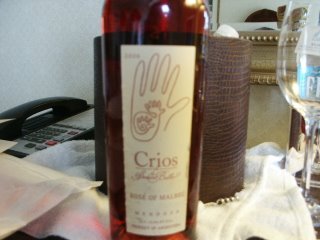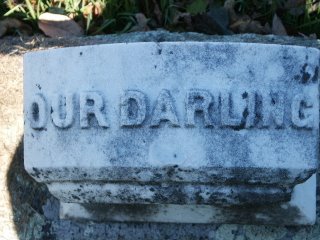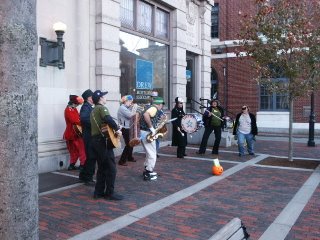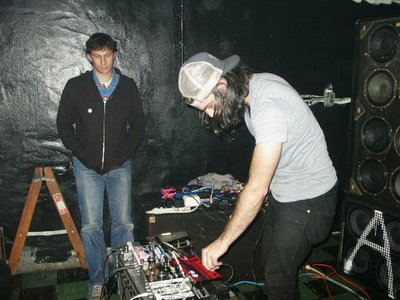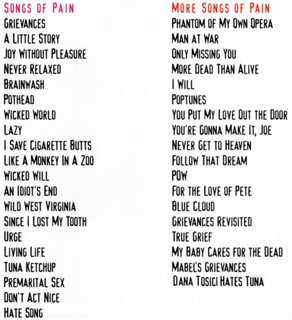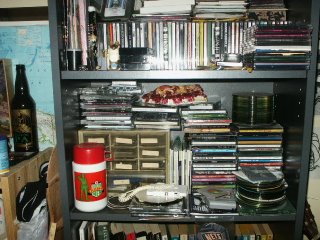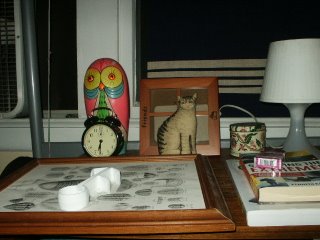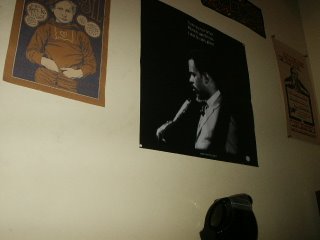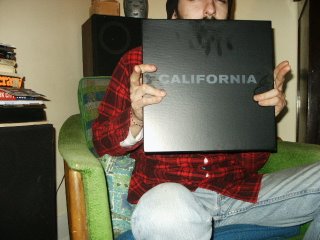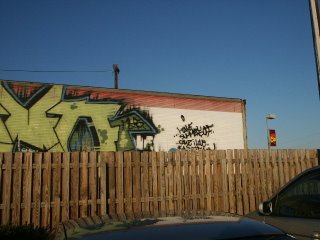
BOTERO’S HUMANISM
by Donald Kuspit
Where do Botero’s somewhat inflated figures -- he says they are "rather slim" -- come from? Is there any precedent for them, or are the so-called "Boteromorphs" invented out of whole cloth? Are they "puffed up" to give them "sensuality," as Botero said, or to make a "satirical" point, as he has also said? Are they ironical figures of fun -- comic buffoons, waiting to burst like overinflated balloons -- or is there something tragic about them?
Their absurdity suggests as much: they might collapse under pressure, as the Colossus of Rhodes -- one of the wonders of the ancient world -- did during an earthquake. Indeed, antiquity may be their source; the Farnese Hercules -- a Roman figure of great girth and strength -- could be their model. For all their bombastic bulk, they are sturdy figures, able to endure -- Hercules was a symbol of fortitude -- adversity.
That’s the human point of Botero’s astonishing Abu Ghraib imagery, perhaps the most powerful representation of man’s inhumanity to man since Goya’s and Dix’s war pictures. But those artists’ human beings don’t survive torture and abuse -- Botero’s do. Botero’s victimized bodies hold their own, whatever catastrophes they are subject to -- beatings, having their hair pulled, being pissed on, sodomized with sticks, attacked by dogs, piled on one another like sacks, all the while with their hands and sometimes legs bound, and often with their heads covered in black bags as though they were about to be hanged.
They remain peculiarly invulnerable, despite the excruciating pain they suffer -- and, outside of medieval art, there are few images of utterly excruciating pain in art, and even fewer that convey it with sustained conviction. I am suggesting that in all but name Botero’s Abu Ghraib images are scenes of martyrdom. Christian iconography haunts Botero’s images, as the crucified figure in Abu Ghraib 64 (2005) -- Christ forced to wear a bra and jock strap, their blood red color matching that of his stigmata -- strongly suggests. The prison cell that appears in many images is implicitly the prison cell where Christ was kept, just as the brutal torturers resemble those depicted in medieval imagery, perhaps most famously in Bosch.
I don’t think Botero’s Abu Ghraib series are simply anti-American, however anti-American and pro-Iraqi they seem. No doubt it rides the current tide of Latin American anti-Americanism, but many of the Iraqi prisoners have the same sharp teeth as their American torturers, suggesting they would be as capable of sadistic torture, should their situations be reversed. How many Iraqi soldiers tortured for Saddam Hussein? Good soldiers, after all, want to do unto others as others want to do unto them.
Nor is Botero fascinated by torture per se -- although he may be, as many people are (it enacts and exposes their unconscious hostility and destructiveness). Instead, he depicts the nightmare of history. It is an endless, inescapable nightmare, allegorized in an endless stream of drawings and paintings by Botero -- Abu Ghraib is a means not an end -- each depicting an act or victim of gratuitous cruelty, a violence intended to break the spirit as well as body of the victim.
But, through it all, the bodies of Botero’s Abu Ghraib prisoners remain surprisingly intact, despite their wounds. They are heroes despite themselves, as their powerful bodies confirm. Indeed, they embody power -- including the power that violates them. The torturers (and their dogs) also have powerful bodies -- they are involved in a Herculean task. A plague on both Americans and Iraqis, Botero suggests. Both are crazy beasts, as their grotesquely animal bodies imply. Botero’s bodies are bloated by delusions of grandeur, that is, they are pathologically omnipotent.
Fernando Botero, "Abu Ghraib," Oct. 18-Nov. 18, 2006, at Marlborough New York, 40 West 57th Street, New York, N.Y. 10019
DONALD KUSPIT is professor of art history and philosophy at SUNY Stony Brook and A.D. White professor at large at Cornell University.
taken from artnet magazine










